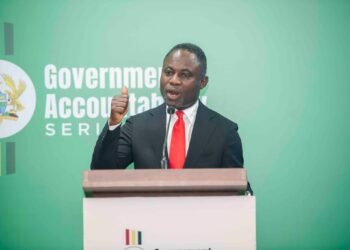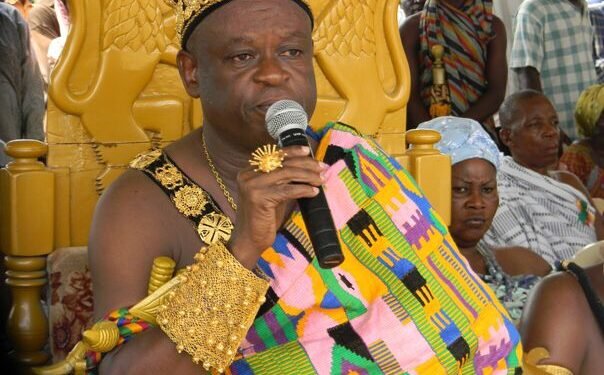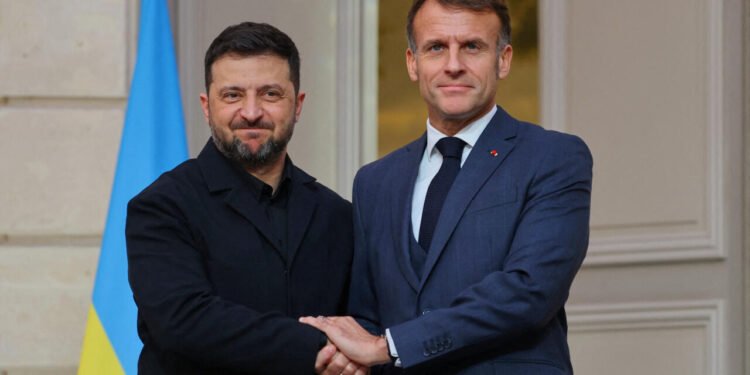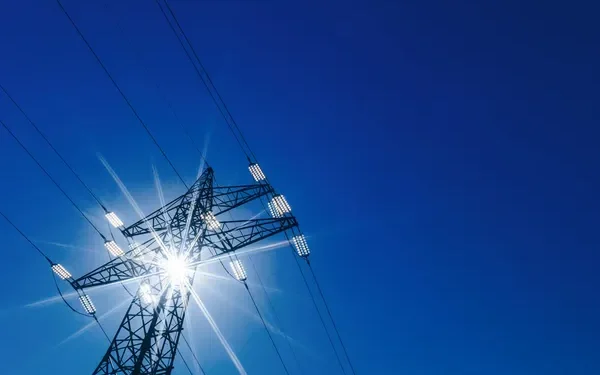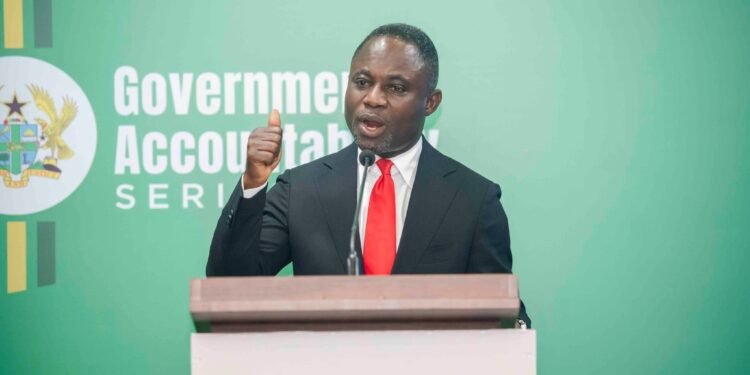A growing wave of public support has emerged in favour of the call by Ghana’s Minister for Communications, Digital Technology and Innovations, Hon. Samuel Nartey George, demanding that MultiChoice Ghana reduce its DStv subscription prices.
Prominent voices from across the political spectrum, civil society, and legal and policy advocacy circles have rallied behind the Minister, describing DStv’s current pricing model as exploitative, unjustified, and out of sync with recent economic improvements.
One of the most vocal supporters of the Minister’s position is legal practitioner and social activist, Osagyefo Mawuse Oliver Barker-Vormawor, who contextualised the DStv pricing debate within the broader national economic situation.
“We are witnessing a cost-of-living crisis—the worst of its kind. Prices have remained unchanged even though the dollar they used to justify price hikes no longer supports the hikes”.
Osagyefo Mawuse Oliver Barker-Vormawor
Declaring his support for what he called “what Dzata is doing with DSTV,” Barker-Vormawor called for similar scrutiny and action across all sectors of the economy.
“The economy is better, but the capitalists are fleecing us with kalabule antics,” he added, lamenting that while inflation is moderating and the cedi has strengthened, both government and private enterprises continue to maintain high prices.

Policy analyst and Vice President of IMANI Centre for Policy and Education, Kofi Bentil, also weighed in with a firm endorsement of the Minister’s demand for accountability from MultiChoice.
“There are market forces and there is regulation. I support Sam George’s push for better value. Your rebuttal was unconvincing! Please show data backing your pricing or reduce prices, or leave. I am fine on YouTube alone; others will step in to replace you!”
Kofi Bentil
DSTV Price Consistency Questioned
Adding to the pressure, Executive Director of Africa Education Watch, Kofi Asare, questioned DStv’s consistency on pricing in light of the cedi’s recent appreciation.
“Anytime DStv rates rise, they blame the dollar. In April, when the dollar was around 14, I paid GHS 685 for my Compact Plus with extra view. In July, when the dollar dropped to around 11, I still paid GHS 685 for the same package. Think we are fools?”
Executive Director of Africa Education Watch, Kofi Asare
Meanwhile, NPP Member of Parliament for Mpraeso, Davis Ansah Opoku, brought a comparative regional lens to the conversation, highlighting disparities in DStv pricing across Africa.
“Why should Ghanaians pay almost three times more than Nigerians for the same DStv service?” he asked. Quoting specific figures, the MP noted that Ghana’s Premium package costs $82.40 while Nigerians pay just $29.00.
The Compact package, he said, is $36.20 in Ghana compared to $12.40 in Nigeria. “Even Angola, a smaller country with a smaller market, pays just $33 for Premium. South Africa, where MultiChoice is headquartered, pays $51. Yet Ghana is charged the highest.”

Hon. Opoku acknowledged that MultiChoice has previously reversed pricing decisions in Nigeria after government intervention, and questioned why the same could not be done in Ghana. “Shouldn’t Ghanaians enjoy fair and regionally competitive pricing like our neighbours?” he queried.
Call for Caution
While commending the Minister for standing up for consumers, the MP also cautioned against abrupt license revocation, noting its potential impact on hotels, pubs and families who rely on DStv services.
“We need constructive engagement with MultiChoice that delivers genuine price reductions, not excuses. Ghanaians deserve fairness, and the state must protect that interest”.
Hon. Davis Ansah Opoku, MP for Mpraeso Constituency
The call for pricing fairness is not limited to individual commentators. The issue has sparked widespread concern on social media, with hashtags demanding “#FairPricesForGhanaians” trending across platforms.
Several consumer advocacy groups, civil society organisations, and even the NPP Minority Caucus in Parliament have thrown their weight behind the Minister’s demand for reduced subscription fees.
The backlash against DStv was ignited after the company raised its prices by 15% in April 2025—at a time when Ghana’s economic indicators were showing signs of recovery.
At the end of June 2025, the cedi had appreciated by about 42.6% with inflation dropping to 13.7% and fuel prices had seen a downward trend. However, DStv insisted that pricing could not be adjusted downward due to operational costs and other macroeconomic challenges.
Hon. Samuel George has since rejected MultiChoice’s offer to maintain current bouquet prices while holding revenues locally as a compromise, arguing that such a move does nothing to relieve consumers of the financial burden.

He reaffirmed his commitment to pursue this agenda, stating that he remains open to constructive dialogue—but only if it is centred on price reduction.
With the August 7, 2025, deadline set by the Communications Ministry for DStv to reduce its prices looming, all eyes are now on MultiChoice’s next move. Should the company fail to comply, the National Communications Authority (NCA) has been instructed to suspend DStv’s broadcasting license in Ghana.
The widespread pressure from civil society, lawmakers, and regular customers is telling that Ghanaians will no longer put up with what many believe to be unfair and exploitative pricing.
READ ALSO: 24-Hour Economy Gains Momentum: Deloitte Tips Ghana to Hit 2025 GDP Milestone





